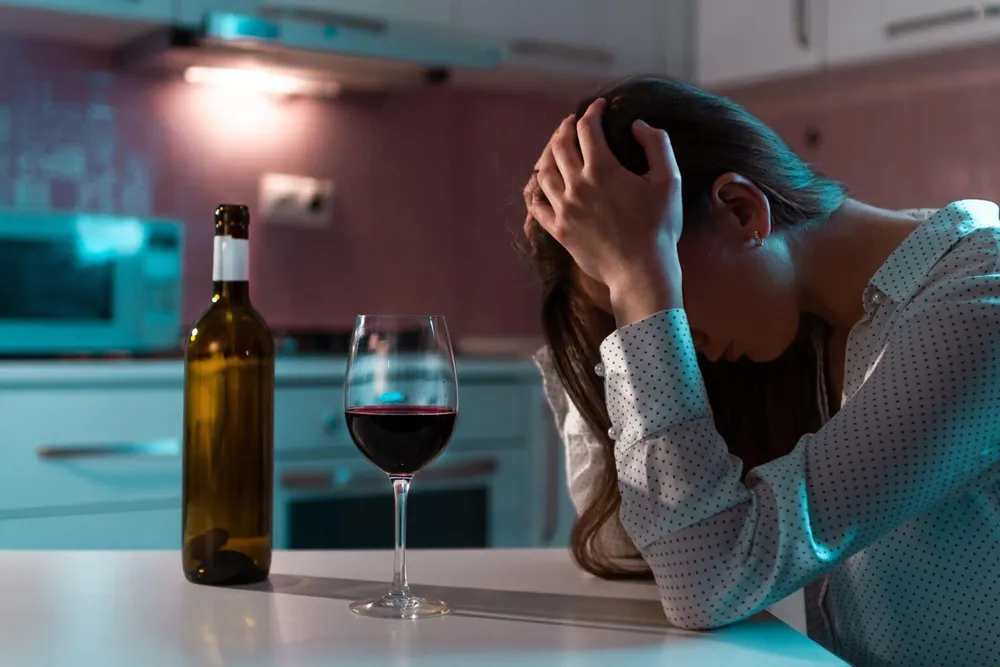Defining Substance Abuse And Addiction
Did you know that there’s a difference between drug abuse and drug addiction? Many people don’t! The main difference between abuse and addiction is that abuse describes the abuse or misuse of substances, whereas addiction describes an uncontrollable use of substances.
These key differences often reflect the different motivations of the individual. Studies show that demographic (e.g. age, gender, location, income) differences may cause abuse and addiction to express in specific ways. Therefore, the effects and length of time of the behavior can vary. But as a rule, people of all ages and genders are affected by substance abuses and addictions.
The unique characteristics of abuse and addiction separate them into different categories, especially in recovery and professional settings Although distinct, any type of abuse or addiction still hold in common their destructive and life-threatening potentials.
What Are The Signs Of Abuse?
A person engaged in substance abuse continues to do so even though they’re aware of its negative effects on their health, relationships, work life, and well-being. Such individuals will likely continue to abuse substances despite the deterioration of their social life and financial stability.
The definition of abuse focuses on the way a person uses substances: prescription drugs, illegal drugs, and alcohol.
When it comes to prescription drugs drug abuse can include:
- Taking them more frequently than a doctor prescribed
- Taking a different dose than what a doctor prescribed
- Mixing them with other substances, such as alcohol or other drugs
- Taking them without a prescription
- Using them with the intention of feeling “high” or elated
- Ingesting a dose at the incorrect time
- Forgetting to take a dose
- Stopping a prescribed medicine before a doctor’s recommendation
All of the above are behaviors that qualify as substance abuse. When taken under proper medical supervision, prescription medications can help with longevity and quality of life. But these same medications can also lead to harmful side effects and possibly deadly results when misused or abused. Because of their potential for harm, prescription drugs should be used precisely as directed by a doctor, and taken only by the person they’re prescribed for.
When it comes to illicit or illegal substances such as heroin and methamphetamine, the definition of abuse changes. Since such substances wouldn’t be prescribed by a doctor at all, using them at all is considered abuse, especially since they have a high potential for destructive behavior and addiction.
Substance abuse also includes the abuse of alcohol. While it is true that a person might abuse alcohol without being addicted to it, it’s rare for an person to remain sober after regularly engaging in alcohol abuse.
What Are The Signs Of Addiction?
Substance addiction refers to person’s inability to stop using substances altogether. Dependence on drugs or alcohol occurs when an individual has built up a tolerance to a particular drug or substance. Such examples include:
- Physically craving a substance such as drugs or alcohol
- Exhibiting bodily symptoms when a craving isn’t met (withdrawal symptoms)
- Due to tolerance, needing to take more of the substance in order to keep a “high”
Consistent substance addiction causes a chronic dysfunction of the brain’s reward system. It may, in fact, affect memory, personality, and sense of motivation. These changes may develop into compulsive or obsessive pursuits of the “reward” or sense of euphoria that substance highs provide for the body.
Addiction, thus, can create a type of tunnel vision and cause the user to focus solely on the next fulfillment of their craving.
Often times, substance addiction is accompanied by other types of addictions. Studies show that education for young adults in the different types of addictive behaviors decreases their risk of engaging in abuses that lead to addictions. Such addictions may include:
- Internet activities
- Food disorders
- Gaming
- Criminal behavior
- Gambling
- Physical exercise
What’s the Link Between Abuse and Addiction?
Addiction and abuse are closely related by the fact that consistent substance abuse usually develops into addiction. When a person forms an addiction to any substance, whether it be drugs or alcohol, it’s usually extremely difficult for them to quit their addiction without outside help.
If you’re struggling with addiction, start your healing journey at Impact Recovery today by getting in touch with a member of our team here.
Substance abuse for long periods of time can cause a number of serious of health problems, including:
- Cancer
- Cardiovascular disease
- Drug-induced skin disorders
- Increased chance of death by overdose
Furthermore, the engagement in abuse of prescription drugs such as opioids, central nervous system depressants, and different types of stimulants can lead to a number of detrimental health consequences, including that of addiction.
A person who has just started to engage substance abuse still has an opportunity to avoid addiction if they stop, whereas a person with an addiction to substances will likely require drug or alcohol addiction treatment(s) in order to recover toward sobriety.
How Can I Prevent Substance Abuse and Addiction for Myself and Others?
There are a few simple ways that you can make it harder to fall into substance abuse and addiction. These preventative measures include:
- Educating yourself with your own research and talking to your doctor
- Discussing abuse and addiction with your family and friends
- Keeping the conversation open for your loved ones to express if or how they might be abusing substances
- Keeping prescription medications safe and secure when they are brought into the home
- Storing your medications safely to prevent accidental exposure to the elements like heat or moisture
- Properly throwing away prescription drugs when they’re expired or no longer prescribed
If you suspect that any of your friends or family members are abusing substances or have a substance addiction, have them seek immediate professional assistance by contacting a recovery center for more information and treatment options today!
